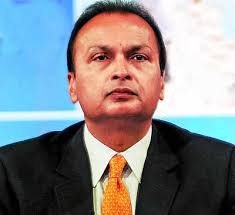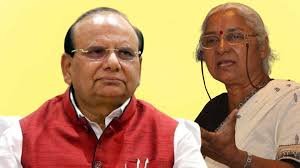Mohan Bhagwat, the chief of Rashtriya Swayamsevak Sangh (RSS), stated that families need to have a minimum of three children to avoid a decrease in the population. Citing demographic science, he used it to back up his argument, emphasizing the need for population stability in ensuring a society’s survival.
Speaking in Nagpur, Bhagwat said, “A decrease in population is a cause for worry. Current demographic research shows that if a community’s population drops below a fertility rate of 2.1, the society is at risk of extinction. It vanishes without requiring outside threats; it simply fades away. This has led to the disappearance of numerous languages and cultures. Hence, it is crucial for our population to not decrease below 2.1.”
Referring to India’s population policy, Bhagwat said, “The population policy of our country was established in either 1998 or 2002, stating that no community’s population should fall below 2.1. Since it is impossible to have partial children, population science recommends a minimum of three children per family.”
Bhagwat’s comments caused political responses, especially in Bihar, where caste-related census and population control policies are highly debated topics.
Also read: Manipur: Tripartite talks Fail as Nagas Continue Opposition
Responding to Bhagwat’s comment , Rashtriya Janata Dal (RJD) spokesperson Mrityunjay Tiwari said, “BJP leaders frequently discuss population control, while the RSS chief is now promoting the idea of having more children. The BJP and RSS need to address their internal conflicts before anything else. Although the government promotes population control awareness campaigns, these statements actually encourage an increase in the number of children.”
The Janata Dal (United) also condemned Bhagwat’s comments. Party spokesperson Arvind Nishad remarked, “The RSS leader should talk to BJP officials who often discuss population control before making any such statements. In Bihar, Chief Minister Nitish Kumar has served as an exemplary figure in this aspect. Kumar thinks that the key to population control lies in educating women.”














